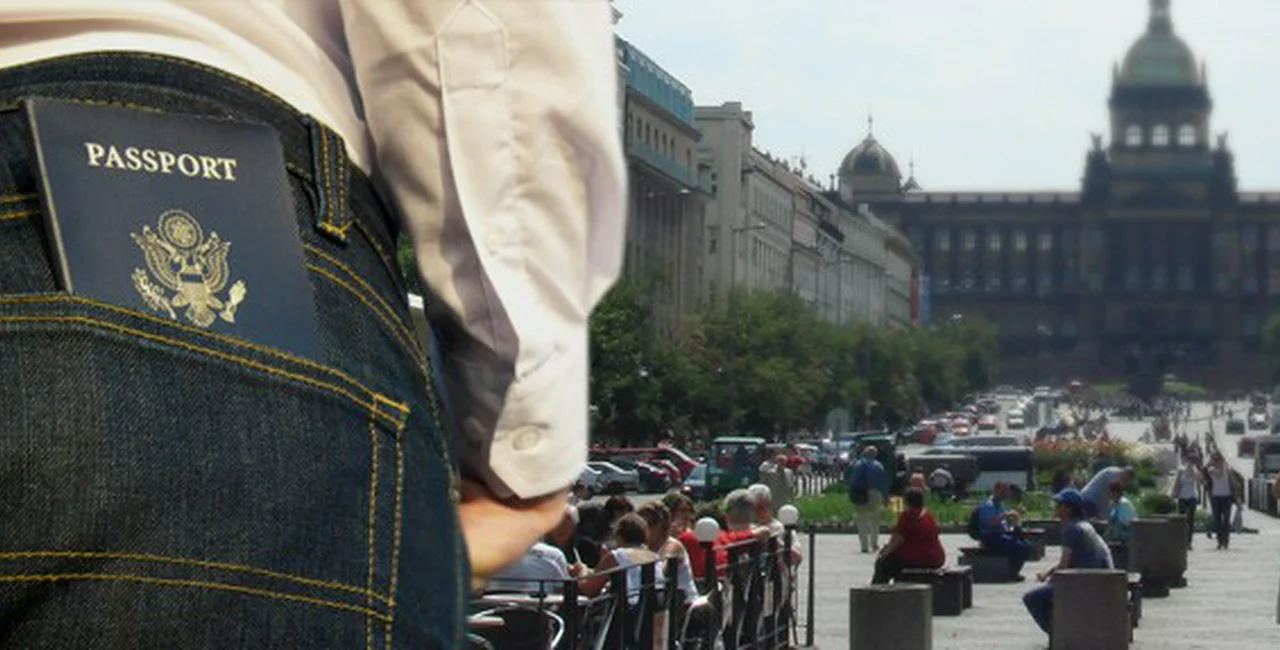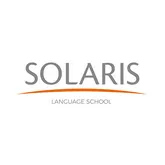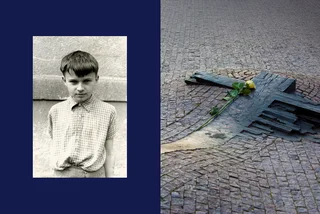For many expats, the American community is a group of friends, associates, or travelers who speak English, have a US passport, and happen to be in the Czech Republic. But is there something more coherent to this group? Is there a way to define them as we’ve done with other communities?
Crunching the Numbers
According to the Ministry of the Interior, as of 2011 there are 5,940 Americans with permanent or temporary residency in the Czech Republic. 3,719 of them live in Prague. The total number of residents has increased from 4,411 since 2006, when the Czech Republic entered the Schengen Zone. In addition, there are 1,278 Americans in the capital with long-term visas.
In Prague, just over a third of the American residents (1,375) live in Prague 1, 2 and 3. Prague 6 is the district with the single largest number of Americans – 706. The pattern for Americans with long-term visas is very similar, with about half in the center, while Prague 6 again had the single largest group.
Outside of Prague, the numbers thin out considerably. The next most popular region is middle Bohemia, with 541 residents, perhaps not so surprising given its proximity to Prague. The third most popular, with 407 residents, is south Moravia.
Of course, these are official numbers. A person could be registered in one address and live in another. One reason for this is to avoid dealing with the lines at immigration department offices in Prague. This comment is based on anecdotal evidence; no official records were released to us.
Also, no official estimate or comment was given by the Ministry of the Interior on the number of people living here unofficially. Since the Czech Republic joined the Schengen Zone, it is fair to assume the number of people living without a visa or residency permit has declined sharply. I would say ‘disappeared’, though I met an American earlier this year who claimed to still be here long-term without a visa or permit.
While the Ministry of the Interior was forthcoming with data on numbers and where people lived, the most I could get from the Ministry of Labor and Social Affairs was a link to a website which showed the number of foreigners employed for a particular month, but nothing concrete regarding professions.
Why Here?
I suppose every expat gets asked why they came to the Czech Republic. Toby Patton, a university English teacher, said he used to wish he had a card printed with his answer. The initial reason was a sense of adventure. “In my case, it wasn’t coming to the Czech Republic, it was just going abroad somewhere.” The Czech Republic provided him with a chance to experience life abroad. The country was, by European standards, an affordable option and is conveniently located in the center of Europe.
Mary Matz is a former teacher who now runs Opus Osm, an online magazine for classical music. Her publishing venture in some ways stems from her feelings for the place. She said, “The point of my magazine is to tell the world there’s something here and tell it from my own eyes.”
Others have come to Prague for the business opportunities. One such individual is Glen Spicker. After coming to Prague in 1991, he went on to establish a bar, a restaurant chain, a jazz club and a museum. He also noted the differences in the community and life in Prague then and now. He said, “It’s more accessible now for a broader range of people. Back then you had to be more adventurous to come here, whether you were an entrepreneur or just a slacker.”
Some people, like Karen Feldman, have entered into entirely new fields. Feldman originally studied photography, but now runs Artel Glass. Those who are familiar with her designs will know how much Feldman draws on Czech culture in her work. About living here, she said, “As a designer and a creative person, it makes your eyes more open.”
One other attraction was Prague’s image, rightly or wrongly, as the left-bank of the nineties. Max Munson, proprietor of Jáma, admitted part of his early ambition with the restaurant was to be part of that. He said, “The concept was, and I know it was a very strange concept, but the concept was to open up a restaurant where we’d have poetry readings and then use money from the restaurant to pay for a literary review to pay for the best of the poetry and short fiction read at the readings.” Munson admits, however, those times and the tone of his restaurant have changed.

U.S. Embassy in Prague
Establishing Roots
Just as the motives for coming vary, so do those for staying here. Some people gave relationships or starting a family as reasons. Sometimes, as in the case of Feldman, the reason is lifestyle.
“I think it’s a better lifestyle than in the US. The standard of living is better. The lifestyle is not all driven by work, work, work and succeeding and getting ahead. Even I, as an entrepreneur who is trying to succeed, appreciates that I’m not in the office every day until ten at night, and that my staff isn’t either.”
Matz on the other hand offered a more taciturn answer. “You know, you’ve got to live somewhere.”
The U.S. And Them (Czechs)
Living anywhere new entails challenges. Surprisingly, bureaucracy was not a common complaint; the group I spoke with all seemed to take it in stride. A more common complaint was with service, though each said they dealt with it differently. Spicker said he could be more direct, whereas Matz said she tried to make a joke of the situation.
They also had different views about learning the local language. Spicker and Munson speak it with a degree of proficiency. Spicker even appeared on Czech TV. Yet, both said that speaking the language didn’t necessarily make things easier. Feldman, on the other hand, admitted to not speaking much Czech. At the same time she has been able to engage with the culture to a significant degree.
Given that most of these people run businesses, one of their main challenges was as employers. Feldman said that techniques which worked in the states didn’t work here. Munson also found that the U.S. management style was not so effective at first, so he had to resort to more old-fashioned techniques.
Something from Home
Most of the people I spoke to felt that they didn’t miss much from home, and/or get their fix of American tastes from Jáma, Bohemian Bagel, or La Casa Blů. Snacks or ingredients are available from The Candy Store or from Tesco’s international food section.
As for the holidays, attitudes varied. Some people went home in the past for Thanksgiving and Christmas. Others celebrated here with friends. Patton said, “Usually, when you know a lot of Americans, someone will organize a little Thanksgiving party.”
Perhaps more important than the holidays is the screening of the NFL in bringing Americans in Prague together. Munson believes there is a good reason for this. He said, “NFL brings Americans together unlike any other sport. One particular reason is that the games are on the same day at the same time.”
Of course, he acknowledges, this is only one part of the community. In fact, as this small sample shows, the community is quite diverse in both professions and their approach to life. If there is one defining characteristic it would be how individual the members of this group are.
We’d love to hear your thoughts!
***
Other articles in this series:
Related articles












 Reading time: 6 minutes
Reading time: 6 minutes 























